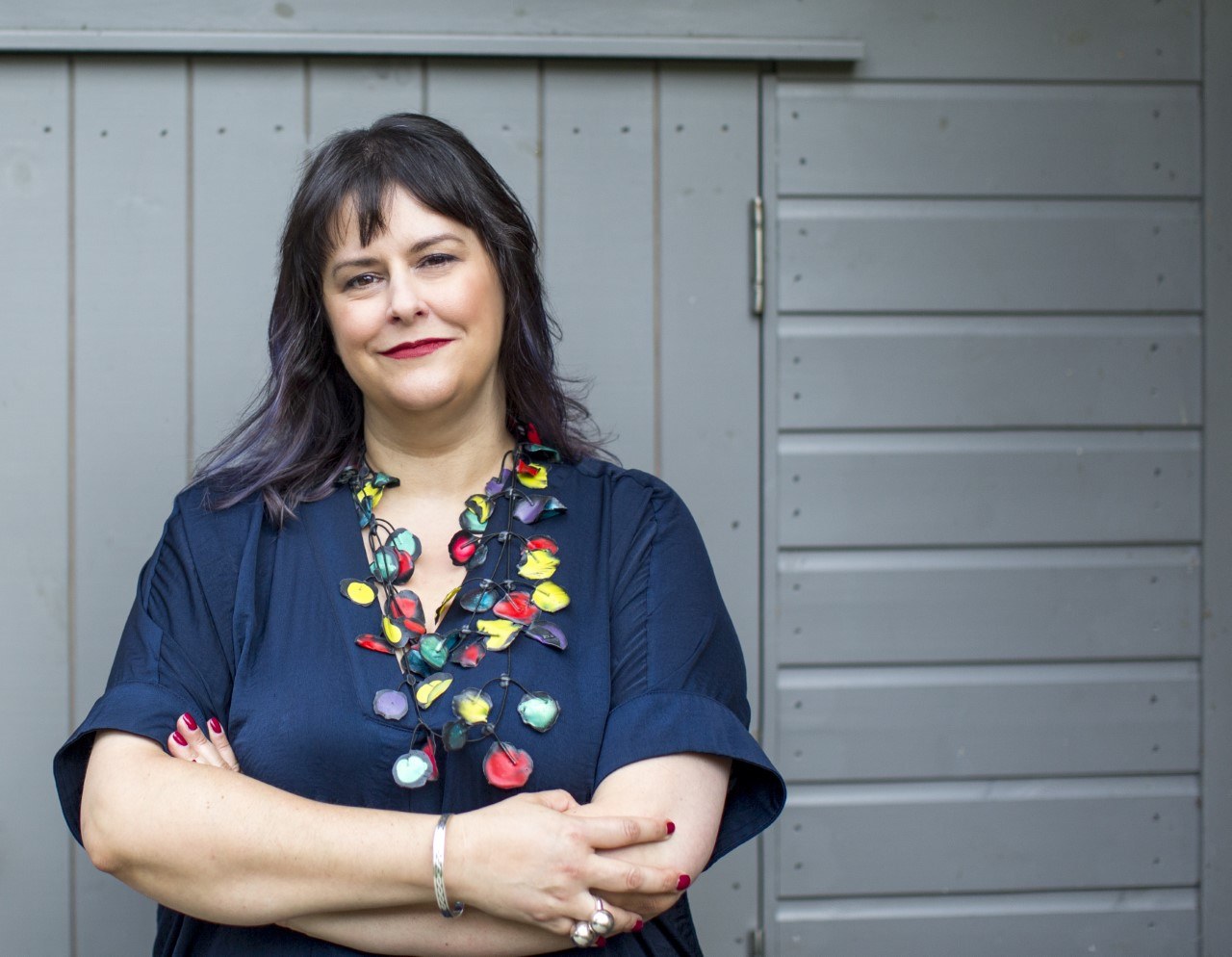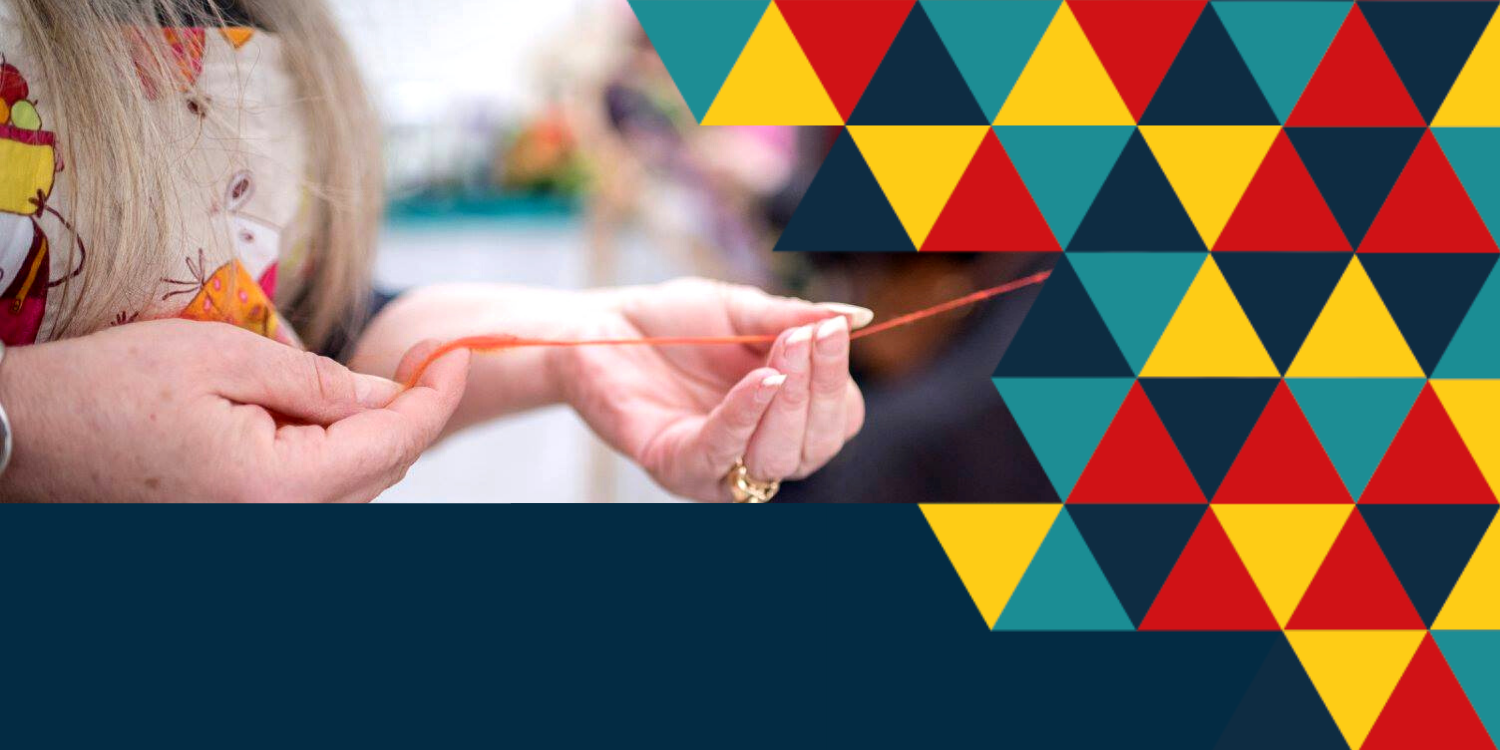On the governance today and in the future
What are the most pressing governance challenges facing the culture sector today?
The world is a complex place, and boards face challenges in supporting their chief executives and organisations to respond to that complexity. This demands a huge amount of everyone concerned, and the way we think about risk and our role as custodians of the future health of the organisation needs to shift as a result. The impact of digital innovation and AI on cultural consumption and production is still unknown. And the requirement to reach new and diverse audiences also requires different thinking and approaches.
The economic situation is also a real challenge – many cultural organisations are facing the double whammy of less grant support and more competition for the hard-earned income from audiences and participants. Boards need to focus on how to combine the best of entrepreneurial spirit with their charitable purpose.
How has cultural governance changed in the last 10 years?
The range of skills and expertise needed has definitely expanded, and I think our expectations of trustees is far greater than it used to be. We ask more of their time, they are more accountable than ever before, and it is now default that they will be part of the fundraising endeavour, even in the smallest of organisations.
What’s the greatest opportunity that sector-wide good governance might bring?
A more resilient cultural sector, better equipped to deal with complexity and more adaptable in the face of change.
How do you see the governance of culture evolving over the next few years?
We will start to see more diversity on boards, with representation from those communities we work with as standard (including young people). I hope we will better see the value that people who are passionate about culture and work in other sectors can bring to good governance, and I would like to see much more space for Chairs and boards to learn from each other.
What can we learn from other sectors - in the UK and internationally - about good governance?
I think governance bodies in other sectors are starting to think more deeply about ethical practice, and the cultural sector is now in catch up mode – about investment policies, the response to climate change, best employment practices and many more such issues.
The cultural sector can sometimes see itself as distinct from the rest of the world, rather than part of a connected system. Good governance is starting to ask questions about who else is operating locally, or regionally; in the art form or with the client group; and help the organisation to ensure the right links and learning are in place.
What’s the future of cultural governance in one word?
Stimulating



